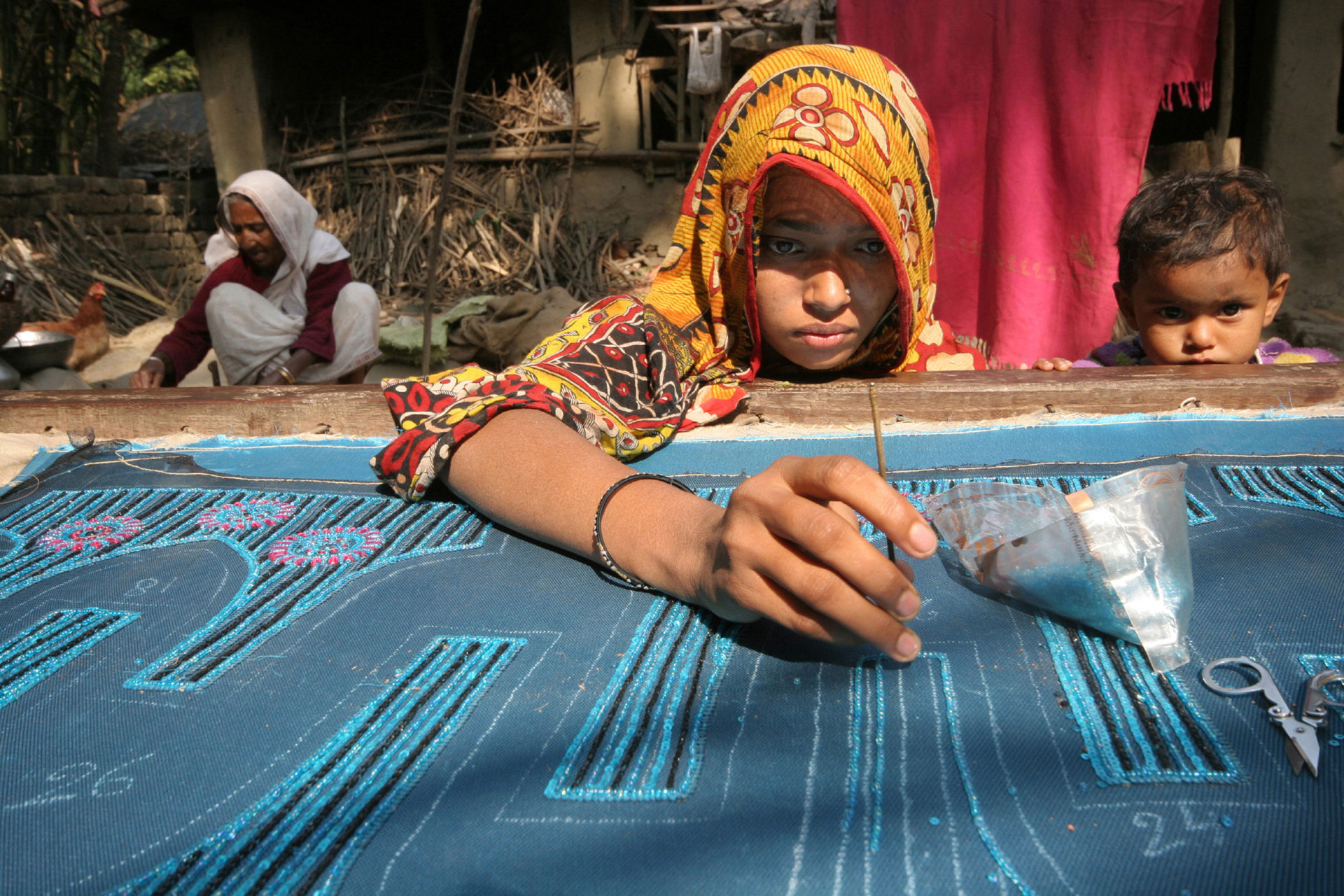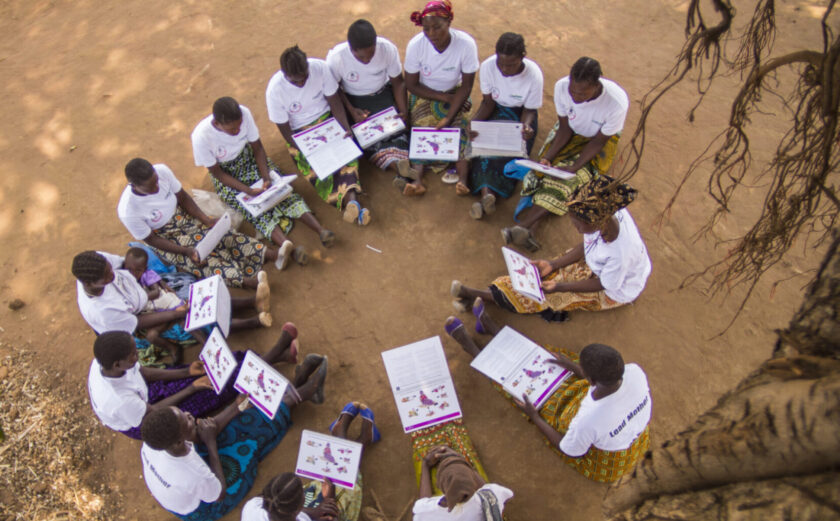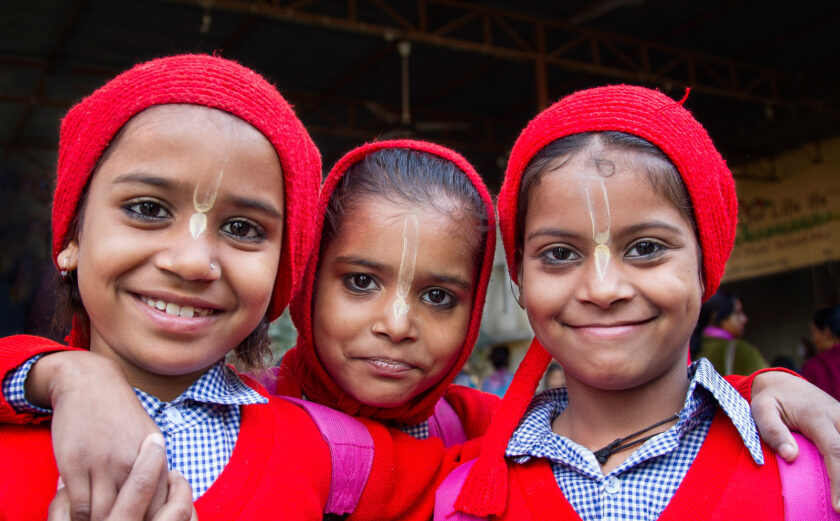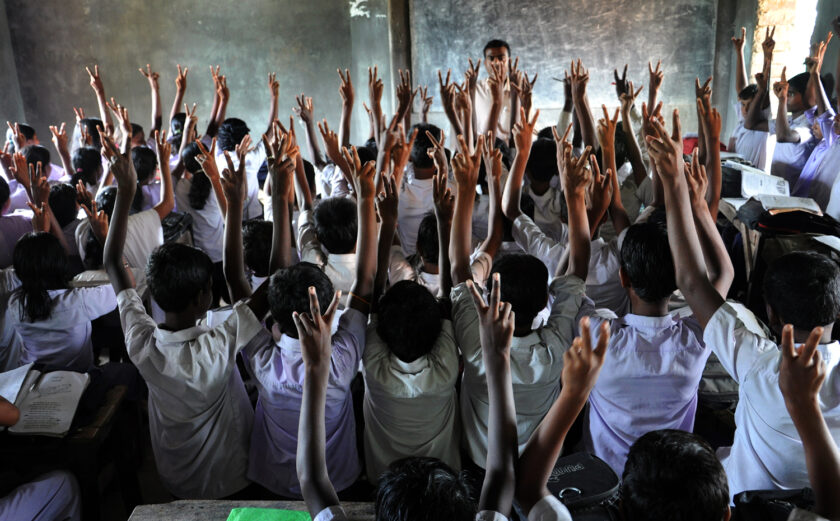
NextGen Norms for INGOs
What’s on Our Horizon? Have Your Say!
What new norms does the international non-governmental organization (INGO) sector need to embrace in the next 5-10 years if it wants to stay relevant and legitimate?
The sector and its external environment are going through a renewed wave of societal changes (shifts in geopolitical power distribution, a surge in nativism and nationalism, lessening trust in nonprofits as well as other types of institutions, increased demand to prove results, etc.). The sector also is increasingly self-critical and perhaps even anxious—for example, as a result of recent scandals with regard to charges of sexual abuse, harassment, bullying, and the sense that NGOs are insufficiently innovative. The survival of NGOs, let alone their vibrancy and legitimacy, are not at all guaranteed. What does this changing environment mean for the norms INGOs should embrace in the next 5-10 years? Where does the industry lag, and where do we need to be proactive?
Our sector also tends to critique other sectors—government, private industry, etc.—when it comes to a lack of adoption of not just new policies and standards but also norms occasionally. Surely there are some new norms we ourselves ought to adopt?
My InterAction Fellowship
Starting in 2019, I will work toward answering these questions, in an honorary and voluntary capacity, as an InterAction Fellow. The opportunity to serve as a Fellow followed my recent membership on the InterAction Board of Directors. During my tenure, I contributed to the effort to incorporate outcome measurement in the norms embodied in InterAction’s code of conduct for its NGO members. I love contributing thought leadership and working to answer complex questions. I couldn’t be more excited to serve as a Fellow.
Next Generation of Norms
While they are extremely valuable, we will not focus on norms that have recently been embraced, or on currently emerging norms—innovation, protection, and safeguards against sexual abuse and toxic workplace practices. Instead, my excellent junior colleagues, Rachana Gopides and Letso Maepa, and I want to scan the horizon to look for ‘what’s next.’
These norms may include the integration of climate change adaptation and mitigation strategies in all INGOs’ programming, practices, and behaviors; an ability to determine and communicate publicly on the cost-effectiveness of NGO interventions; or the ability to ‘die gracefully’ as an NGO, by exiting the sector after the mission is either accomplished or there is no place for your organization in the ecosystem of NGOs anymore.
Next Steps
We will build up a ‘menu’ of potential new norms through the following four project phases:
- A literature review followed by interviews with people who have, in their work, pushed the sector into new territory—thoughtful rebels as well as outliers. Thus, we will populate an initial menu of norm-options.
- We will then use crowdsourcing by asking InterAction Members, peers in other parts of the world, and in other parts of civil society, critical friends, academics, and consultants to give us feedback on the menu. Note again that this crowdsourcing will include voices from outside the U.S. and the InterAction community. We need to be informed by a diverse, broad, and inclusive set of views that will urge us to innovate.
- Once we have a comprehensive menu of norms, we will ask the constituents who helped with phase two to rank the top three norms they think the sector will have to adopt in the next 5-10 years to remain relevant and legitimate.
- For the top three norms identified, we will suggest actionable steps that InterAction Member CEOs, staff, board members, and InterAction itself, as an institution, can take to work through the implications of these new norms for their NGOs.
Will You Help?
I am curious to see what emerges. Will the responses vary across regions? Sectors? Size? Nature of programming? Social identity of respondents?
If you’re interested in contributing to this effort, please fill out this form to receive an invitation to add and rank new NGO norms.
We are looking forward to community input and to pushing the sector toward the future!






